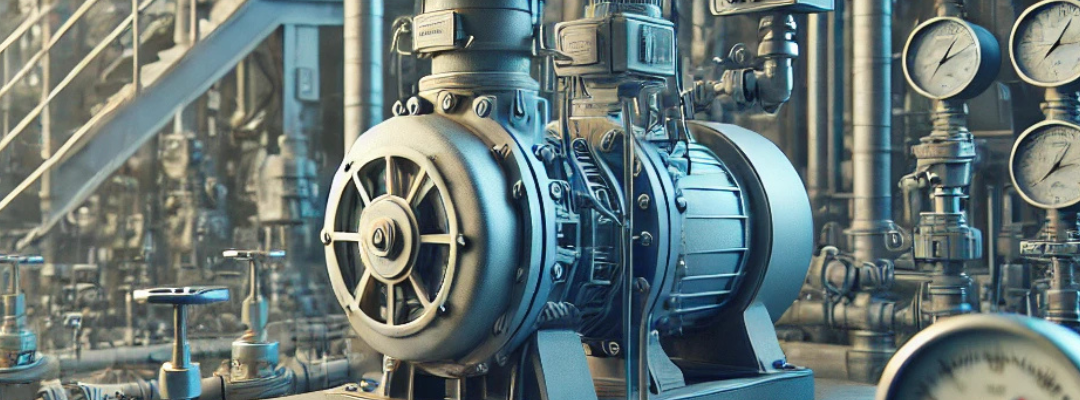Importance of a Jockey Pump:
- Pressure Maintenance in Fire Protection Systems
- The jockey pump’s main function is to maintain constant pressure in the fire protection system. By compensating for minor drops in pressure caused by small leaks, system tests, or fluctuations, the jockey pump ensures that the system is always ready to activate in case of an emergency.
- This prevents pressure drops that could compromise the readiness of the system and ensures that when the fire suppression system activates, water is immediately available at the required pressure.
- Prevents Frequent Cycling of the Main Fire Pump
- Without a jockey pump, any small drop in system pressure would trigger the main fire pump, which is designed for high-flow firefighting scenarios. Frequent starting and stopping of the main pump due to minor pressure changes would cause excessive wear and tear, increasing maintenance costs and reducing the pump’s lifespan.
- The jockey pump minimizes unnecessary cycling of the main fire pump, allowing the main pump to operate only during actual firefighting situations.
- Ensures Fire System Readiness
- The jockey pump helps to keep the fire protection system fully pressurized at all times, ensuring that the sprinklers or hydrants are ready to operate when needed. If a fire emergency occurs, the main fire pump can activate immediately, providing full flow and pressure for firefighting.
- In essence, the jockey pump acts as the “guardian” of the system, ensuring that the fire pump only operates when a significant pressure drop occurs (e.g., due to sprinkler activation or fire hose use).
- Reduces Wear and Tear on the Fire Pump
- By maintaining system pressure and reducing the need for the main fire pump to activate unnecessarily, the jockey pump significantly reduces wear and tear on the main fire pump and related components.
- This leads to lower maintenance costs and extends the operational life of the fire pump, contributing to the overall longevity and reliability of the fire protection system.
- Energy Efficiency and Cost Savings
- Jockey pumps are typically smaller and consume much less energy than the main fire pump. By using the jockey pump to maintain pressure, facilities can achieve energy savings, as the high-power fire pump is only activated during fire emergencies.
- This makes the system more efficient and cost-effective, especially in facilities where minor leaks or pressure drops are common, such as large commercial or industrial buildings.
- Automatic Operation and System Integrity
- The jockey pump’s automatic pressure control ensures that system integrity is maintained without manual intervention. The automatic start and stop of the jockey pump mean that even minor pressure drops are corrected immediately, maintaining the system’s readiness at all times.
- This automation reduces the need for constant human oversight, making the system more reliable and ensuring consistent performance.
- Critical Role in Safety Compliance
- Jockey pumps are an essential part of fire protection systems in buildings that require compliance with fire safety codes and insurance requirements. By maintaining the correct pressure in the fire suppression system, the jockey pump ensures that the system meets safety standards and performs as expected in an emergency.
- In many jurisdictions, fire protection systems must be equipped with jockey pumps to meet regulatory standards, especially in commercial, industrial, and high-rise buildings.
- Reduces Downtime and Improves Reliability
- By preventing unnecessary operation of the main fire pump, the jockey pump reduces the chances of system failures and downtime due to maintenance or repairs. The improved reliability of the fire protection system means that it is always available to respond to emergencies.
- Facilities that rely on fire protection systems benefit from the peace of mind that the jockey pump provides, knowing that the system is continuously pressurized and ready for use.
Conclusion:
The jockey pump is a vital component of a fire protection system, ensuring that the system remains pressurized and ready to deliver water in the event of a fire. By maintaining pressure and preventing the main fire pump from cycling unnecessarily, the jockey pump reduces wear and tear, improves energy efficiency, and enhances the overall reliability of the fire suppression system. It plays a crucial role in ensuring that fire safety systems meet regulatory requirements and are always ready to protect lives and property during emergencies.

